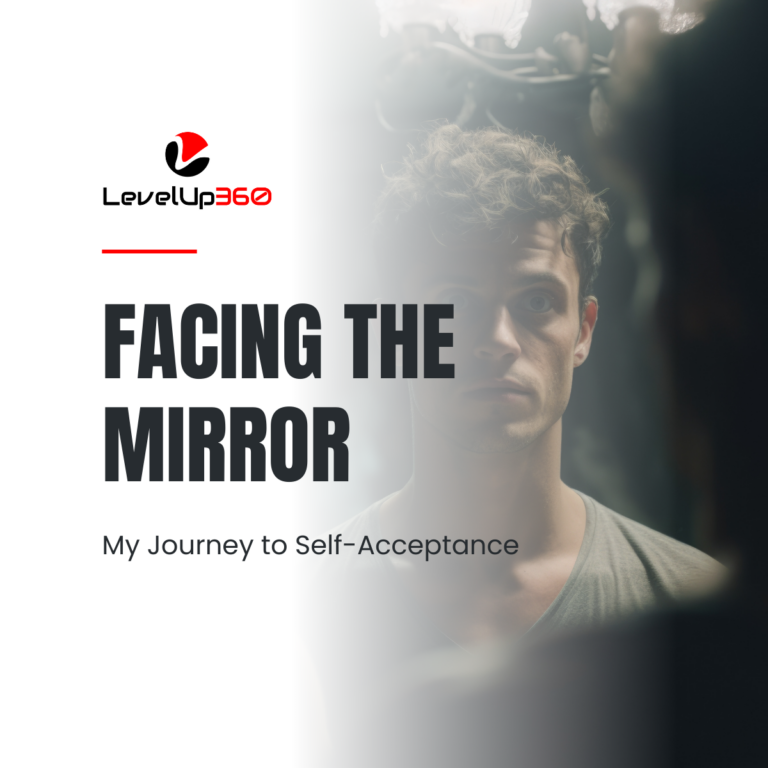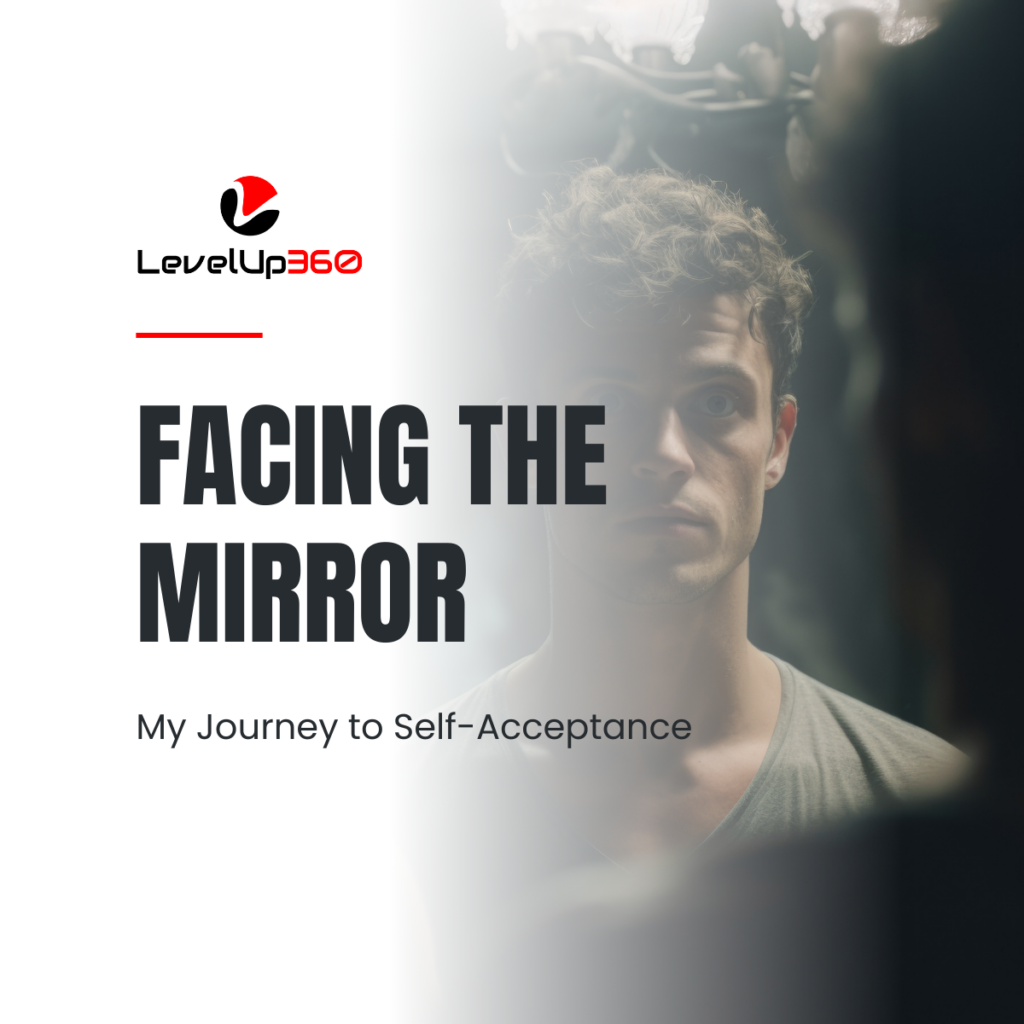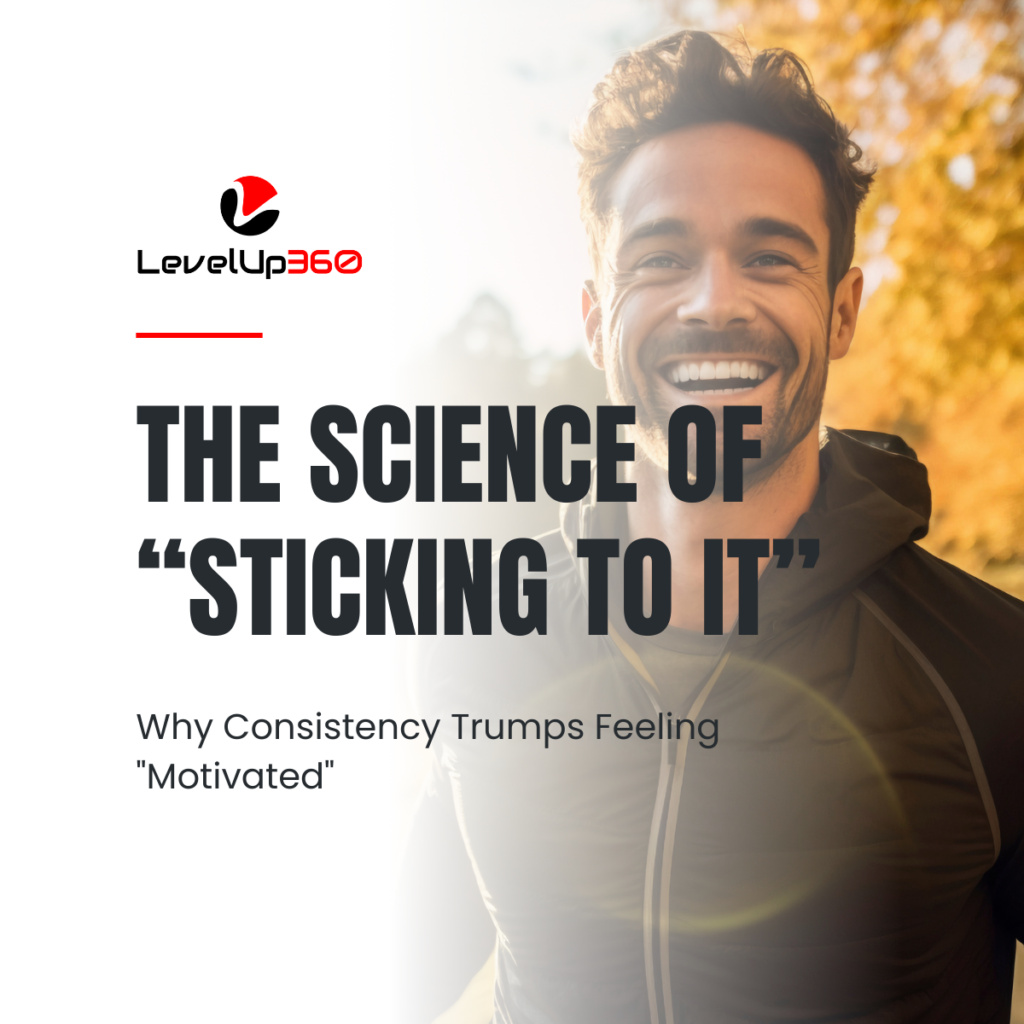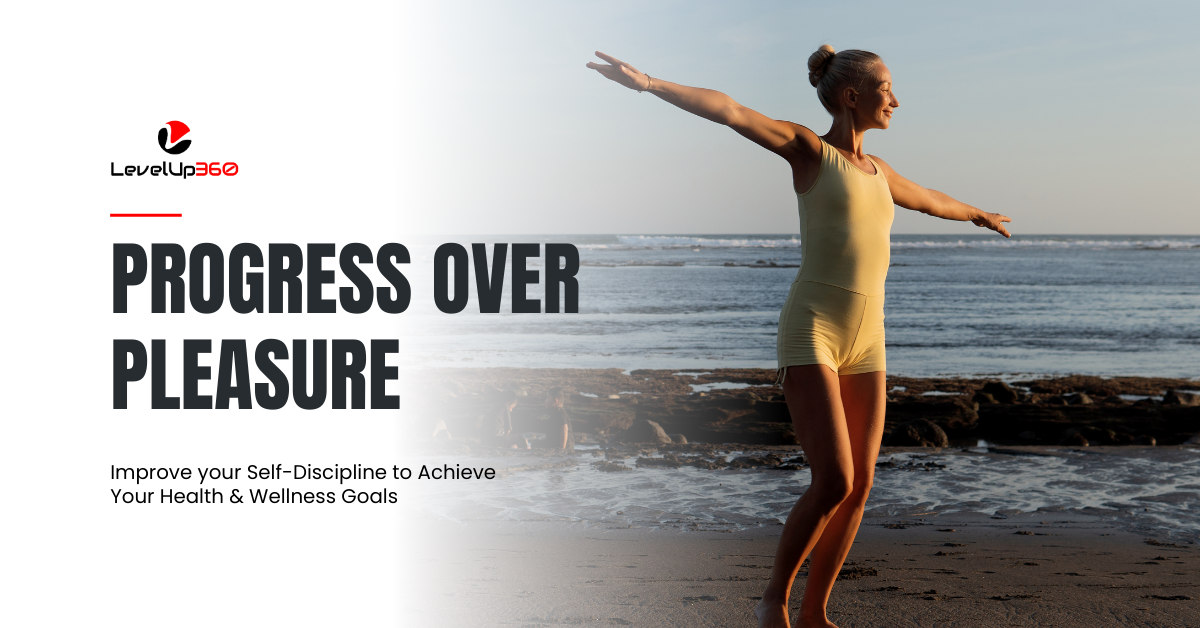
Progress Over Pleasure: Improve your Self-Discipline to Achieve Your Health & Wellness Goals
Self-discipline is the most common skill I have seen in people who succeed at achieving their health & wellness goals.
We all want to improve our lives and achieve our goals. However, pursuing meaningful change requires self-discipline. Without it, we succumb to distractions and instant gratification and our willpower crumbles. As the Stoic philosopher Seneca stated, “The most debasing slavery is being a slave to oneself.” True freedom comes only through self-mastery.
Let’s explore the core Stoic tenets regarding self-discipline and the steps to master yourself, create helpful habits, and overcome detrimental impulses to unlock your full potential to achieve your health & wellness goals.
We all want to improve our lives and achieve goals. However, pursuing meaningful change requires self-discipline. Without it, we succumb to distractions and instant gratification and our willpower crumbles
Defining Stoic Self-Discipline: What Does It Really Mean?
Before diving in, let’s clarify what the Stoics meant by self-discipline. The Greek term they used was sophrosyne, often translated as moderation or temperance. However, it signifies much more than just restraint.
True Stoic discipline involves actively governing yourself through reason to achieve harmony between your behaviours and your highest nature. It means adhering to proper judgments about what is good and bad, not simply resisting temptation. Discipline enables you to act with excellence and justice.
The Stoics recognized that emotions often disrupt our discipline, leading us astray. Thus, disciplining the mind to rule over destructive passions was crucial. When logic governs your thoughts and actions, you gain inner freedom and self-control.
This sovereign power over the self is indispensable for wisdom and virtue. As Epictetus stated, “The one who has disciplined himself to desire what he can acquire and be pleased with what he can achieve is sovereign over himself.”
Are you ready to walk the Stoic path toward self-mastery? Let’s explore the key steps along the journey.
Step 1: Clarify Your Purpose and Vision

The Stoics asserted that self-discipline is impossible without purpose. Before exerting willpower, you must know what future you are working to create. As Epictetus said, “First say to yourself what you would be; and then do what you have to do.”
Take time to articulate your goals and define the virtues you want to embody. What personal growth do you seek? How can you contribute to society? What legacy will you leave? Develop a clear vision for the person you aim to become.
This gives direction and motivation to your discipline. When tempted to relax your efforts, recall your purpose. The clearer the harbour you envision, the more likely you are to exert the mental strength needed to reach it.
Step 2: Make a Realistic Plan of Action
Merely envisioning your goal is not enough. As the Stoics advised, you must back your purpose with a concrete plan. Goals without plans are just wishes. Outline the daily and weekly actions that will generate progress.
Be specific – what regular habits will move you forward? When will you practice them? Use reminders and schedule time to ensure follow-through. Planning gives structure to your purpose.
Also, examine what you may need to eliminate from your routines to create space for new priorities. Consider both positive actions to embrace and detrimental habits to avoid. Planning both aspects is crucial for designing an optimal path.
Of course, plans must adapt as you experiment and learn. But a well-conceived roadmap gives direction amidst life’s complexities. It focuses your willpower on defined next steps instead of just lofty aspirations.
Step 3: Focus on Long-Term Fulfilment, Not Short-Term Pleasure
A major obstacle to self-discipline is seeking immediate gratification over future well-being. The Stoics warned against this tendency. Progress requires playing the long game.
Avoid judging efforts based on fleeting pleasures or pains. Instead, ask – will this action serve my long-term fulfilment? How will I feel about the decision tomorrow and in the coming years?
When tempted by a desire, pause to consider the future consequences before indulging. Weigh them against the momentary gratification obtained. Compare how you’ll feel looking back after resisting versus giving in.
This forward-looking mindset strengthens willpower. You become willing to experience short-term discomfort for greater long-term rewards. Progress compounds slowly over years of daily efforts, not days. Patience and vision are key.
Step 4: Exercise Your Willpower Muscle Through Voluntary Hardship
The Stoics believed we must train ourselves to endure hardship and forgo pleasure at times to strengthen discipline. They cautioned against getting too comfortable.
Seeking luxury and avoiding discomfort is human nature. But yielding routinely to these impulses erodes willpower. The Stoics prescribed voluntary discomfort as an exercise for mental rigour.
What forms of constructive hardship can you build into your routines? Here are some examples to try:
- Train physically beyond your comfort zone
- Go occasionally without food, TV or other indulgences
- Wake early and endure cold showers
- Deliberately wear uncomfortable clothing on occasion
- Read intellectually challenging books
- Abstain from alcohol or intoxicants for periods
- Limit pleasurable distractions and sit alone with your thoughts
Productive voluntary hardship strengthens your willpower muscle. You become accustomed to resisting urges and acting according to rational purpose. Discipline develops through repeatedly exercising it.
Step 5: Design an Optimal Environment
The Stoics recognized that our willpower depends greatly on environmental factors. Some contexts make discipline easier while others undermine our control.
Therefore, carefully craft external conditions that support your goals. As Epictetus cautioned, “Things that make contact with what has been contaminated also become contaminated.”
First, identify your greatest temptations and remove or limit them in your surroundings. Next, increase exposure to people who manifest excellent values and habits. Their positive influence rubs off.
Also, eliminate meaningless distractions competing for your attention. Design your environment – physical, social, digital – to empower, not erode, your discipline.
Step 6: Practice Rigorous Self-Examination
Finally, the Stoics prescribed daily periods of introspection to strengthen discipline. Each night, honestly review your actions:
- What temptations arose? How did you respond?
- Were your behaviours aligned with your values and goals?
- What thoughts or emotions hindered your willpower?
- How can you improve going forward?
Regularly examining your progress builds accountability. But make this a learning opportunity, not a chance to berate yourself. The goal is growth through deepening self-awareness.
By following this routine, over time you become adept at recognizing lapses, making course corrections, and upholding your standards. Self-discipline develops through consistent daily practice.
Time to Walk Your Own Path in Pursuit of Self-Mastery
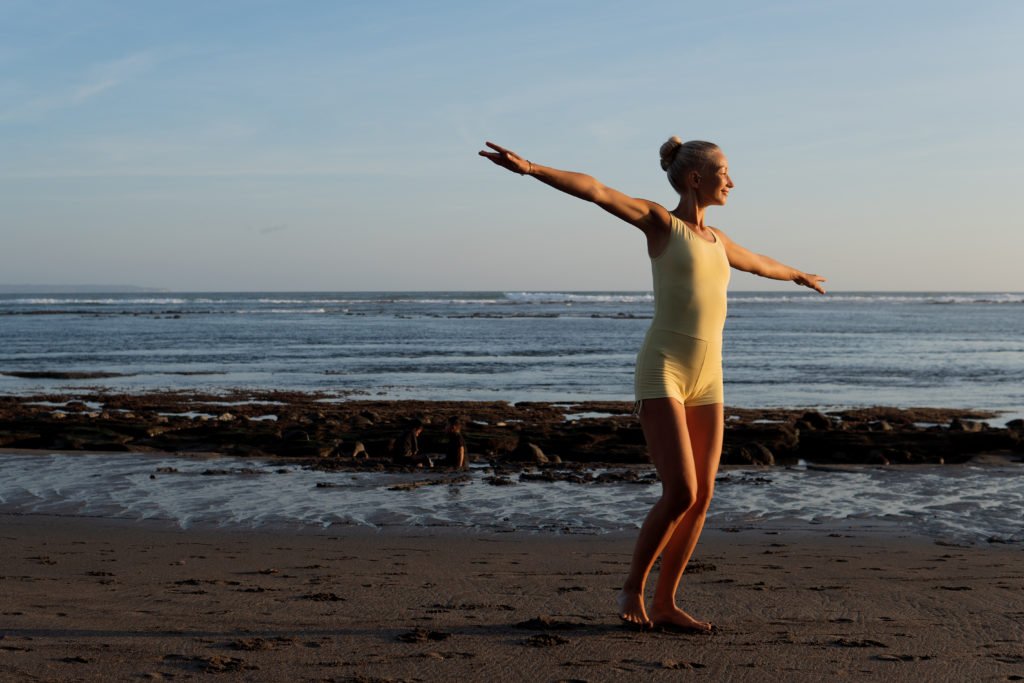
We’ve covered several Stoic strategies to improve self-discipline and live aligned with purpose. But what’s left is applying them in your own life. Self-discipline is impossible without courageous action. As Seneca stated:
“It is not because things are difficult that we do not dare; it is because we do not dare that they are difficult.”
I would start by asking myself these questions:
- Can I focus on long-term fulfilment over short-term pleasures?
- Am I willing to walk the path of most resistance and embrace the voluntary hardship required for growth?
- What daily practice can I begin applying to strengthen my willpower?
- How will I move from purpose to plan to consistent action?
Ultimately, Stoic self-discipline gives you the power to govern your desires and direct your life. The opportunity for change lies before you. It all starts with a decision to change. I encourage you to start small but make a start. Progress will follow.
Recommended reading
Recommended reading
Additional Resources
Feeling in control of your health
If you are interested in improving your health and wellness, check out other resources such as Our Blog, Free Resources and/or join our private Body-Mind Transformation Secrets Community on Facebook, and The 360 Transformation Blueprint Podcast on Spotify and go on an even deeper dive with me to uncover how to succeed in your health and wellness goals.
You may also be interested in our Sleep Secrets Cheat Sheet. It is a great resource with strategies to fix and optimize your sleep which is crucial to succeeding in your health and wellness goals.
Resources
Pictures
https://www.freepik.com/ by alexeyzhilkin



